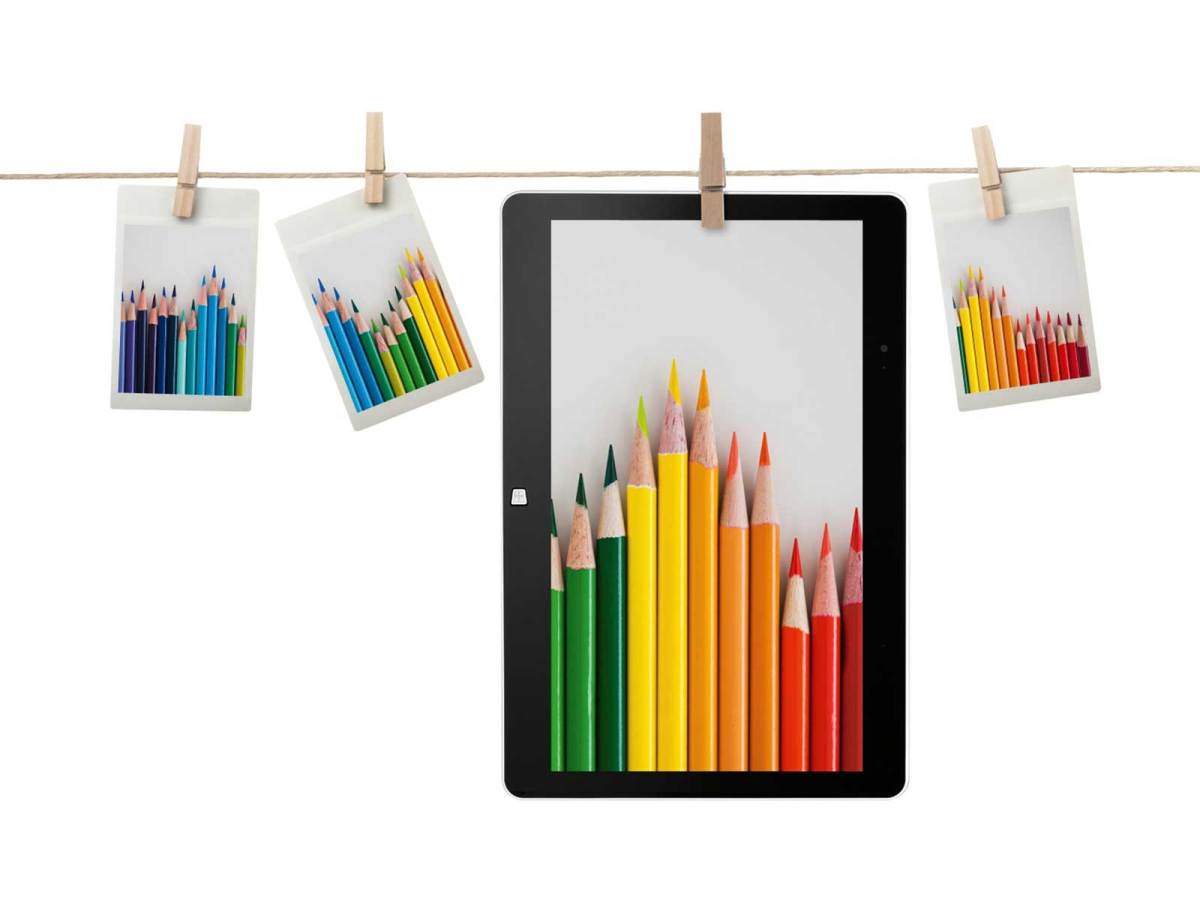Former federal treasurer Peter Costello has challenged retailers to innovate in order to withstand competitive challenges in a difficult and rapidly evolving retail environment.
Delivering the keynote speech at the Australian National Retail Association’s annual event Retail Nation in Sydney this afternoon, Costello began by reminiscing about the days when Australians were spending 100 per cent of their disposable incomes, and accusations were made that those $3,000 baby bonus cheques he gave out “ended up at Harvey Norman’s buying plasma TVs, stereos and DVDs.”
“I never saw any evidence of that and I never really believed it, because I’m sure if it had led to a big increase in department store sales somebody would have given me a commission for introducing the $3,000 in the first place,” Costello joked.
Today, in this post-GFC, post-baby bonus era, Australians are saving between 10 and 12 per cent of their household incomes, he said.
“The funny thing is that back in those days the government was saving and the consumer was spending and now the government is spending and the consumer is saving!”
Addressing a room full of Australian retailers Costello said, “You know how tough it is in the retailing industry at the moment. There is enormous price competition… It’s a tougher retail environment than it was 10 years ago and you have to say to yourself, what has changed?”
“Well we’ve been through some tougher economic conditions, there is no doubt about that with the financial collapses that we saw in 2008, but that was six years ago and it seems to me that our retail nation, our consumers are still a little bit pessimistic, a little bit unsure, not as confident as we want them to be about this country and its prospects.”
He said that consumer confidence is delicate and it’s important for governments to remember that it can be easily undermined.
“I hope as Australia moves through this difficult time of budget consolidation, as we begin to put our house in order again, as we see a government that seems to be able to control events in a way in which its predecessor did not. I hope that, that confidence begins to return to Australia and to the Australian retail industry because I think it will.”
On the part of the retailers, Costello urged them to innovate to stay competitive and not rely on lobbying the government to intervene and protect them from competition using technology to change retail.
Costello illustrated his point by taking an example from the film You’ve Got Mail in which Tom Hanks and his corporate chain of bookstores are going to put the “dishy” Meg Ryan and her small book store out of business. “And this is retail, so evil triumphs,” Costello joked.
Were a sequel to be made today, albeit with more economics and less romance, Costello would have it titled You’ve been Facebooked, starring an Amazon-esque giant retailer threatening Tom Hanks’ chain of bookstores. The plot would revolve around Hanks “lobbying politicians to change the law so that it makes it illegal to prevent a corporation engaging in [certain] conduct, likely to have the effect of substantially lessen competition.”
In essence, retailers never want what happened to obsolete professions to happen to them.
“We don’t know where our competitors are going to be coming from in this new era, the only thing we know is innovation will drive change,” he said.
It is not the role of the government “to try and write laws that will keep some form of business viable” and that governments should treat those lobbying them with a “healthy dose of scepticism.”
“I always thought that the fact that somebody is in asking for the government for something is a worry in itself. The fact that they’re there means there’s a problem.”
Costello said that society must be open to innovation. “The way the community increases its collective wealth is by directing resources all the time to more efficient forms of production, distribution, retail and consumption. That’s what innovation is all about.”
“Innovation always upsets the established order and consumers and investors will decide whether or not it will last.”
“There is no point in trying to stop innovation. If you want to stop innovation if you want to close your economy it is the road that only leads to Pyongyang in North Korea. That is what a closed society looks like.”
“I can’t tell you what retailing will look like in 20 years. I know there will be great competitive challenges… but I am confident that those who wisely invest, who have listened to their customers will still be here and still be profitable.”
“Retail is an industry that is constantly reinventing itself. It’s had more reinventions than Madonna and it’s got many more to come.”

